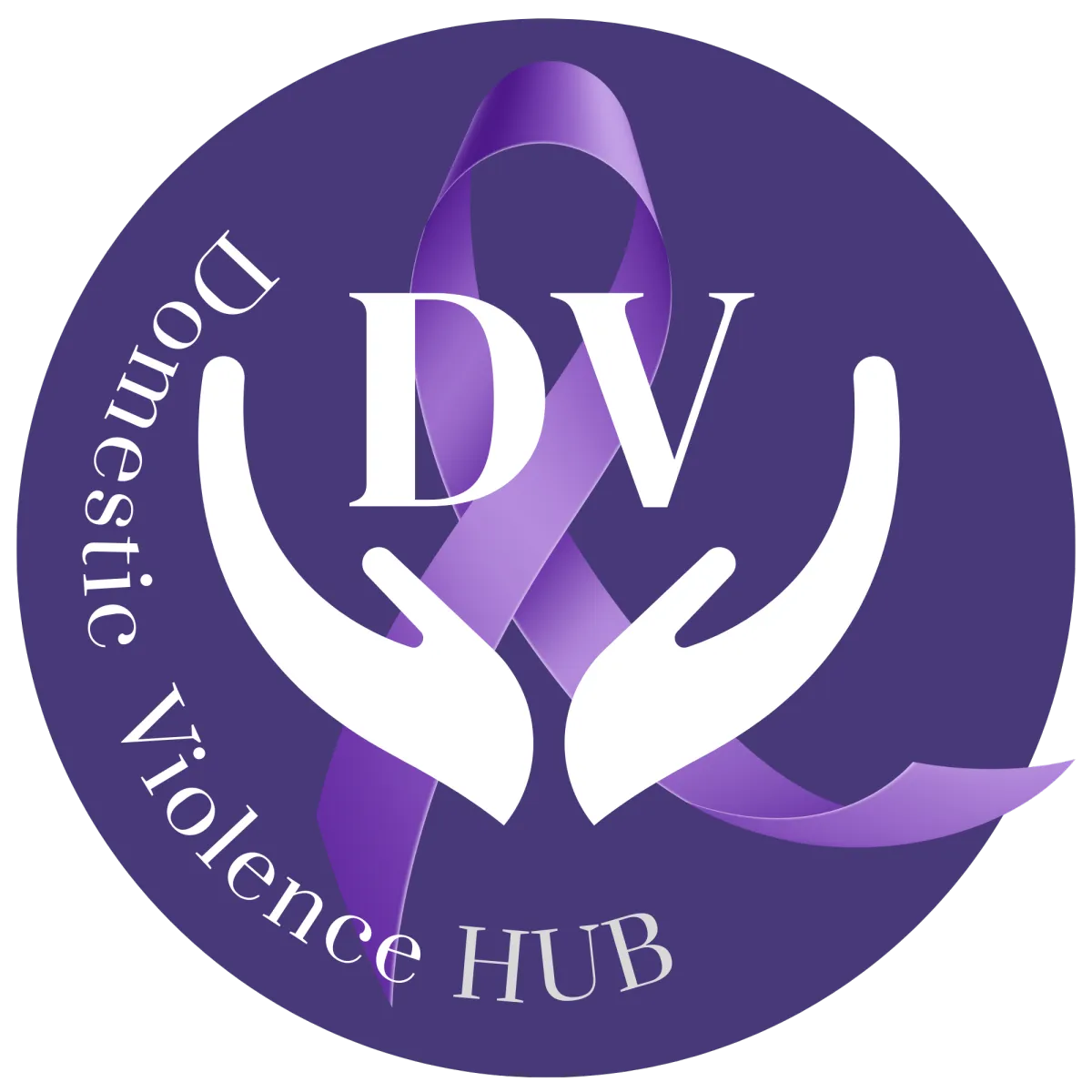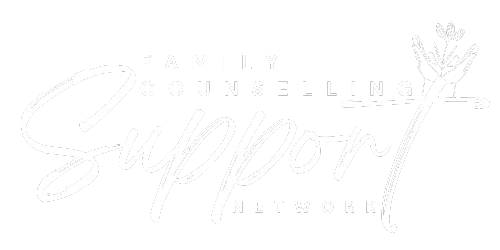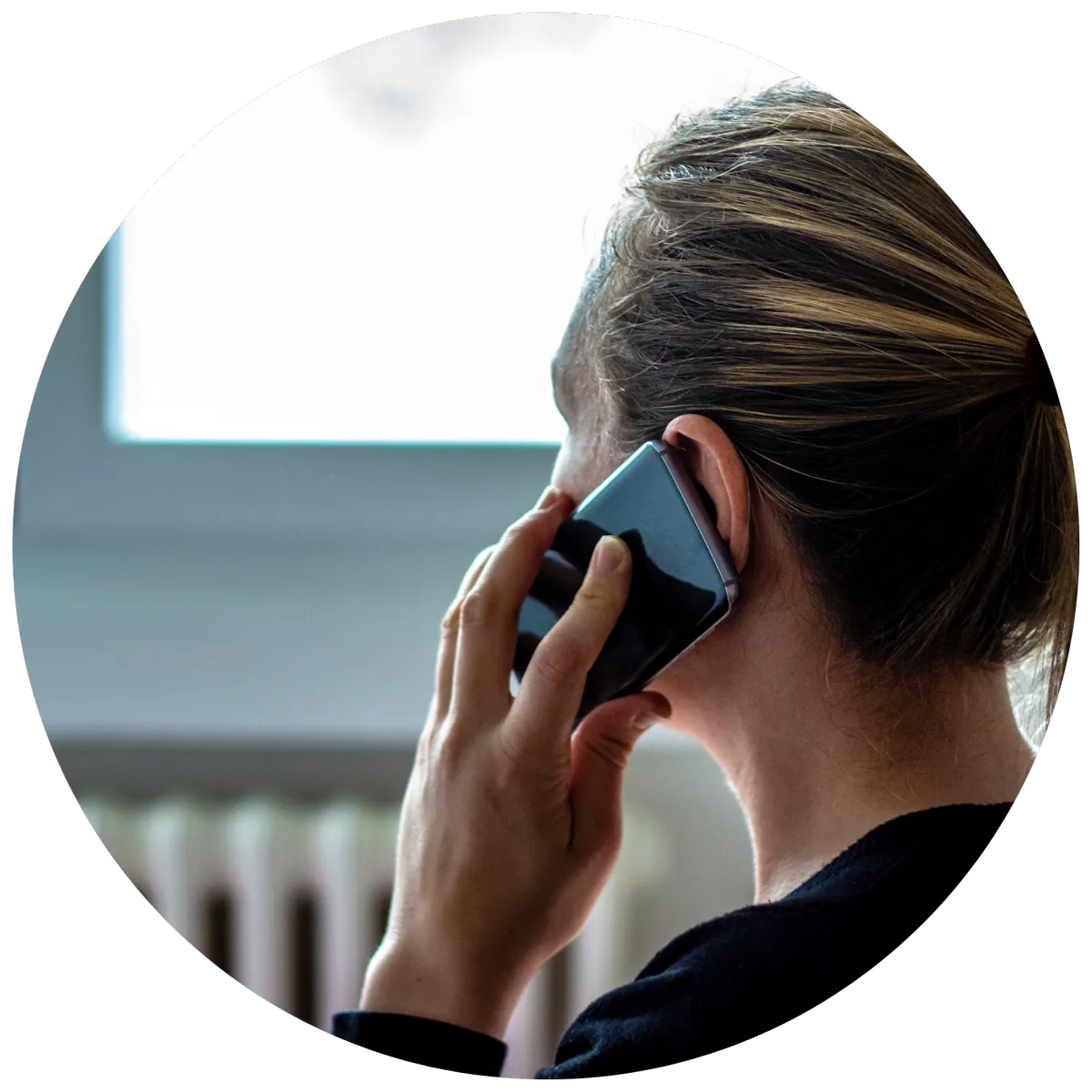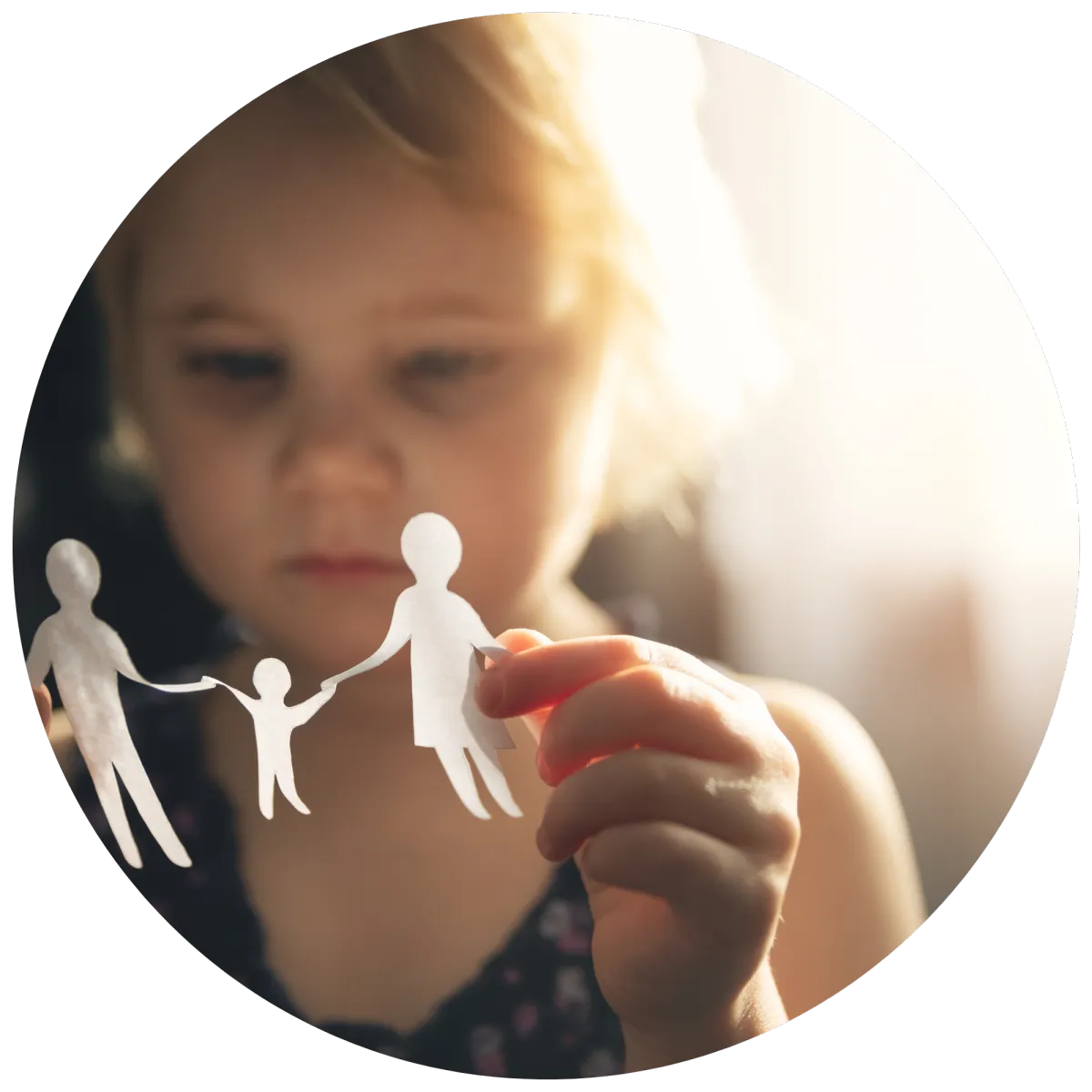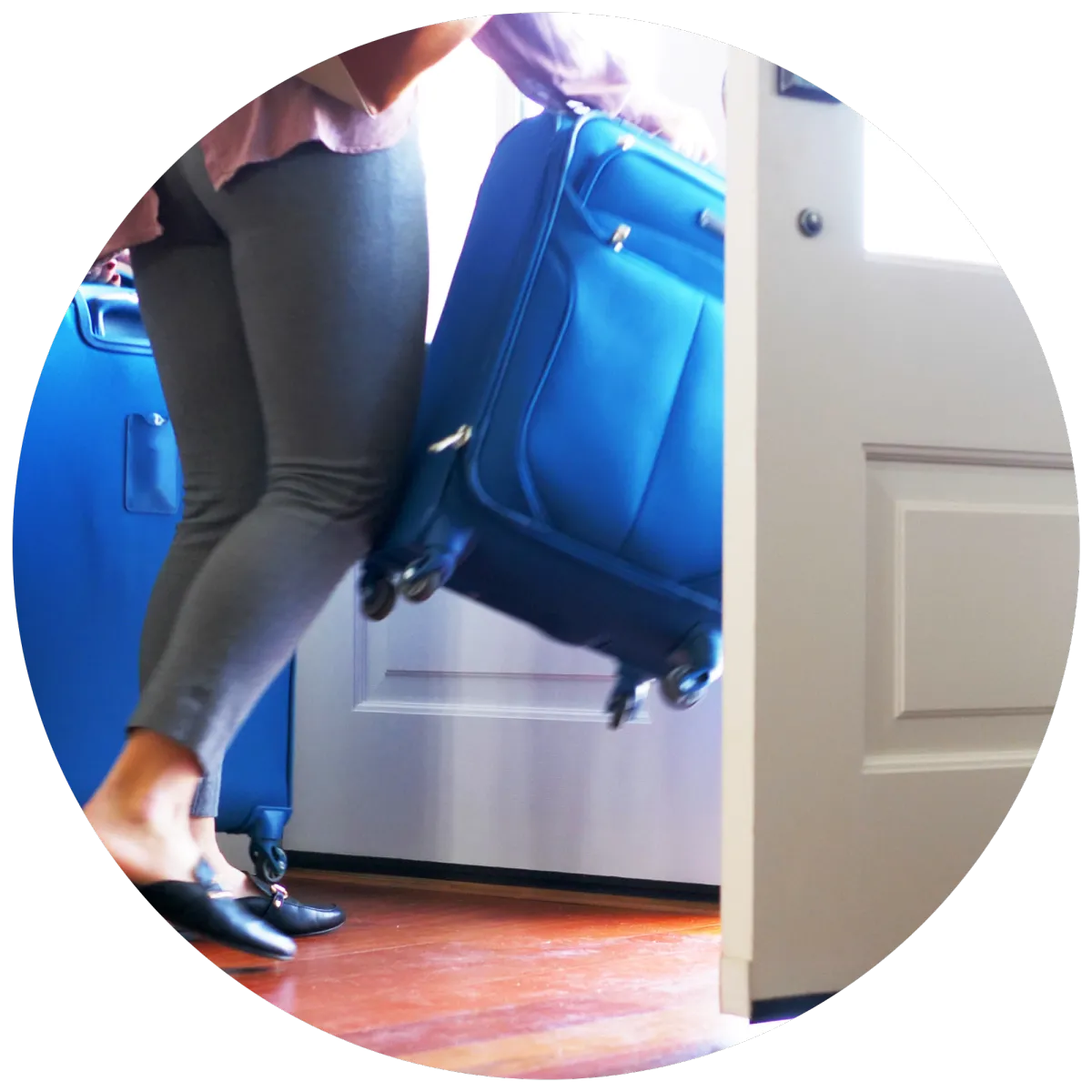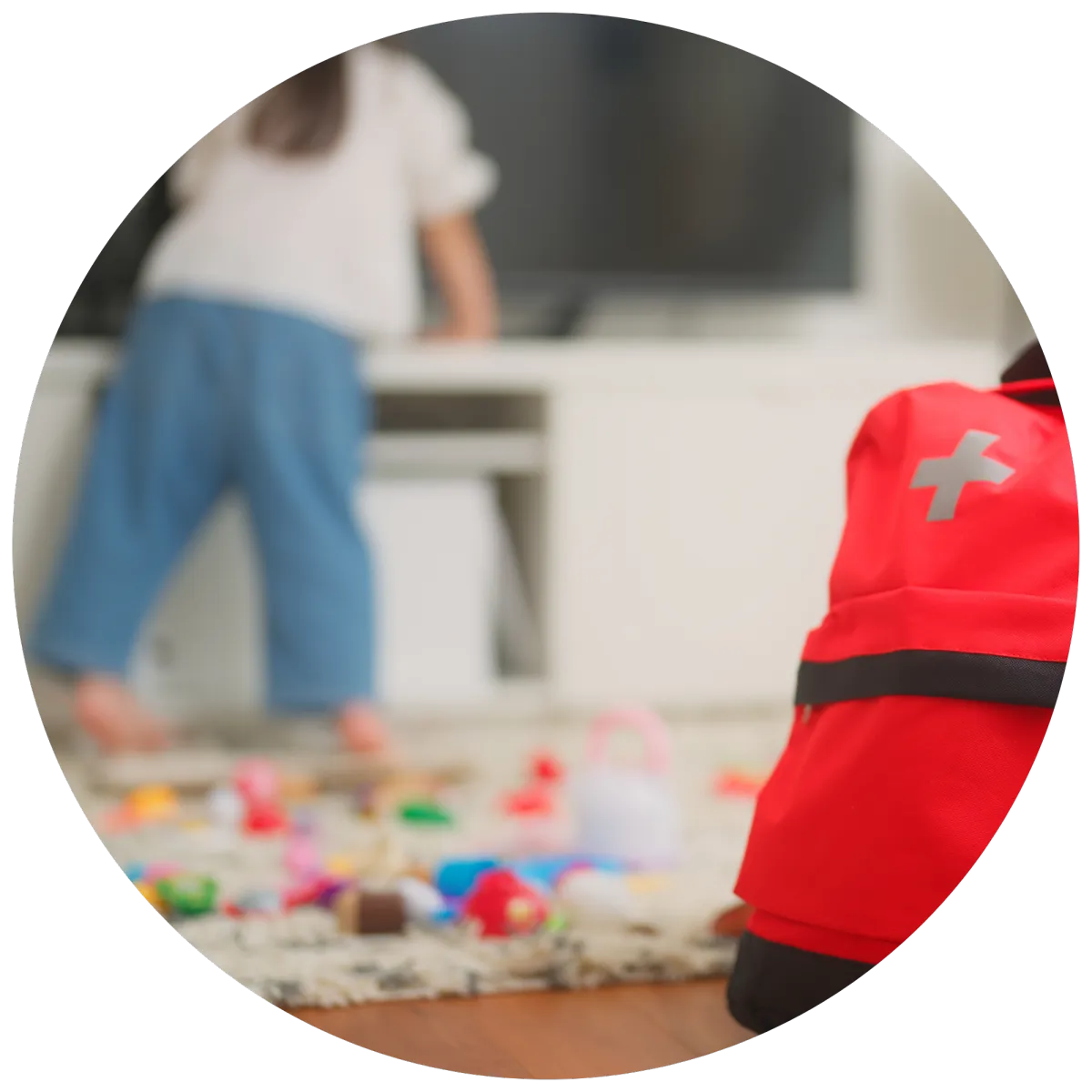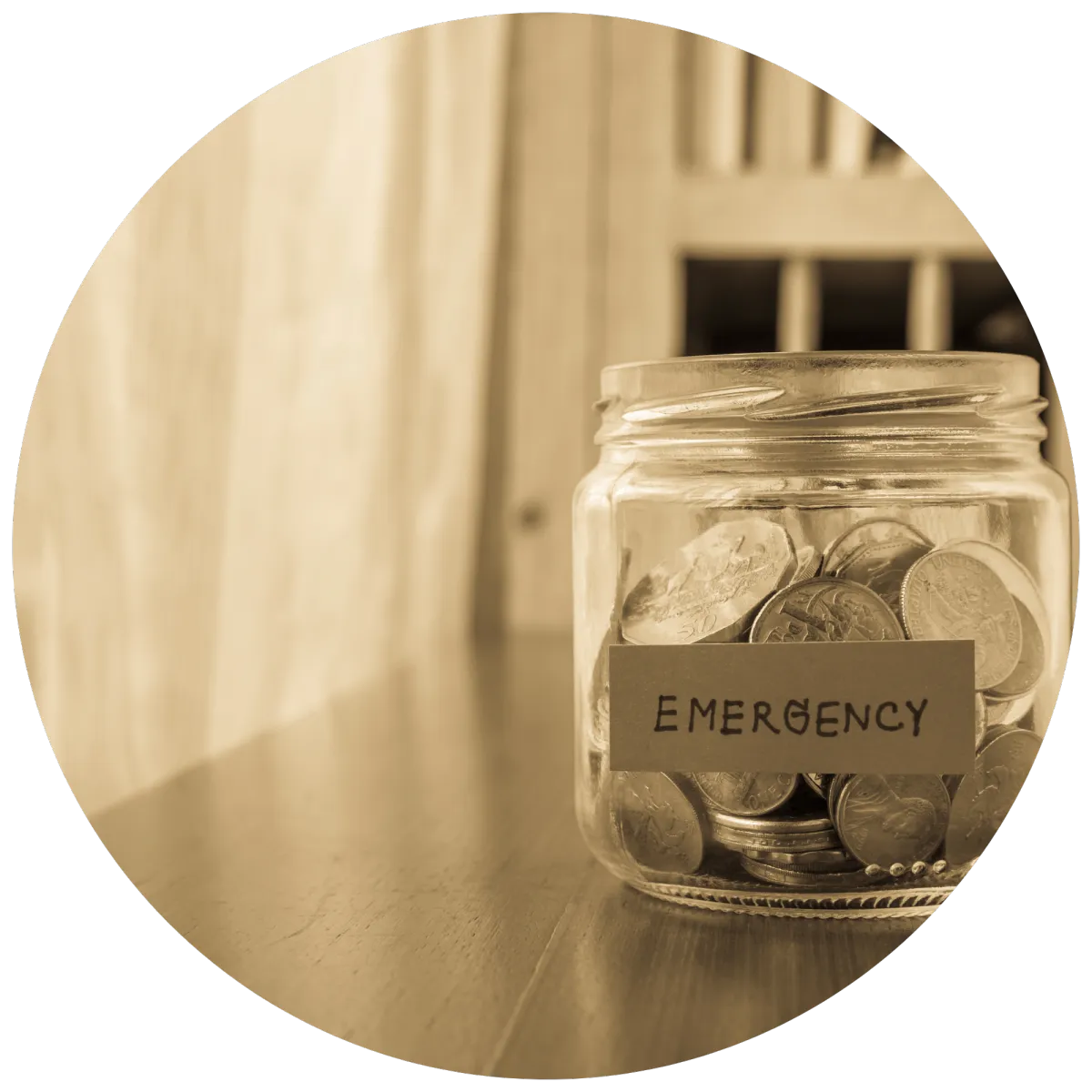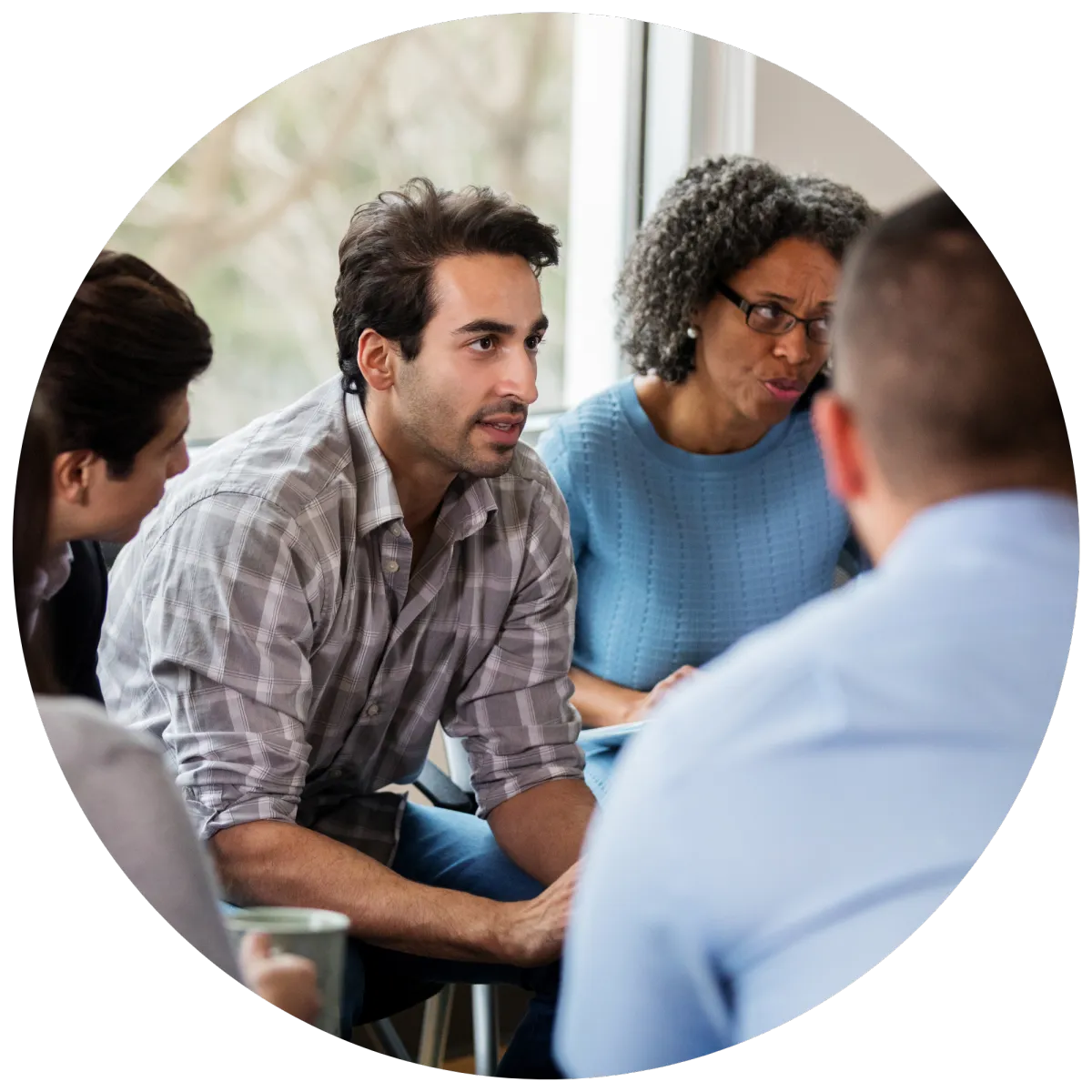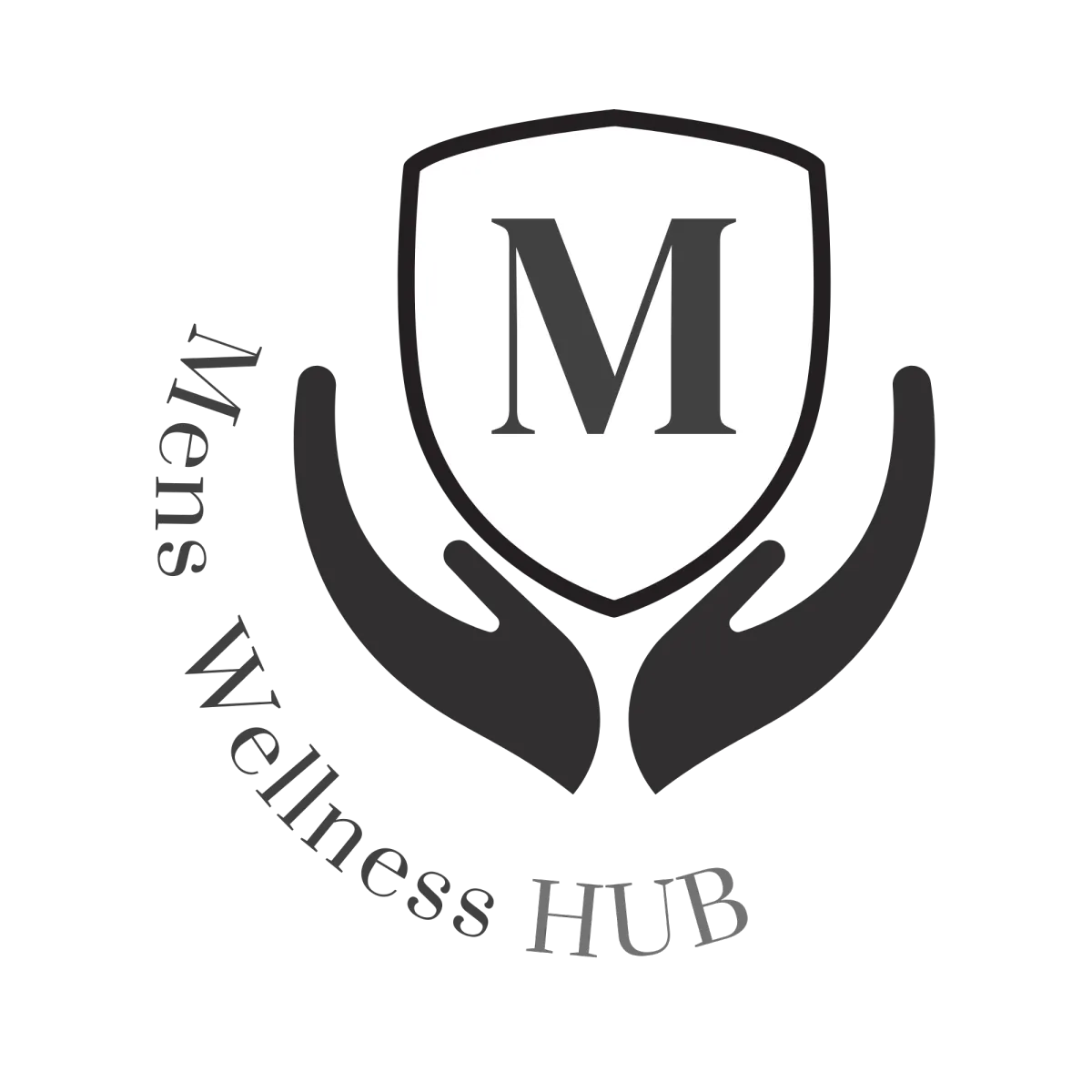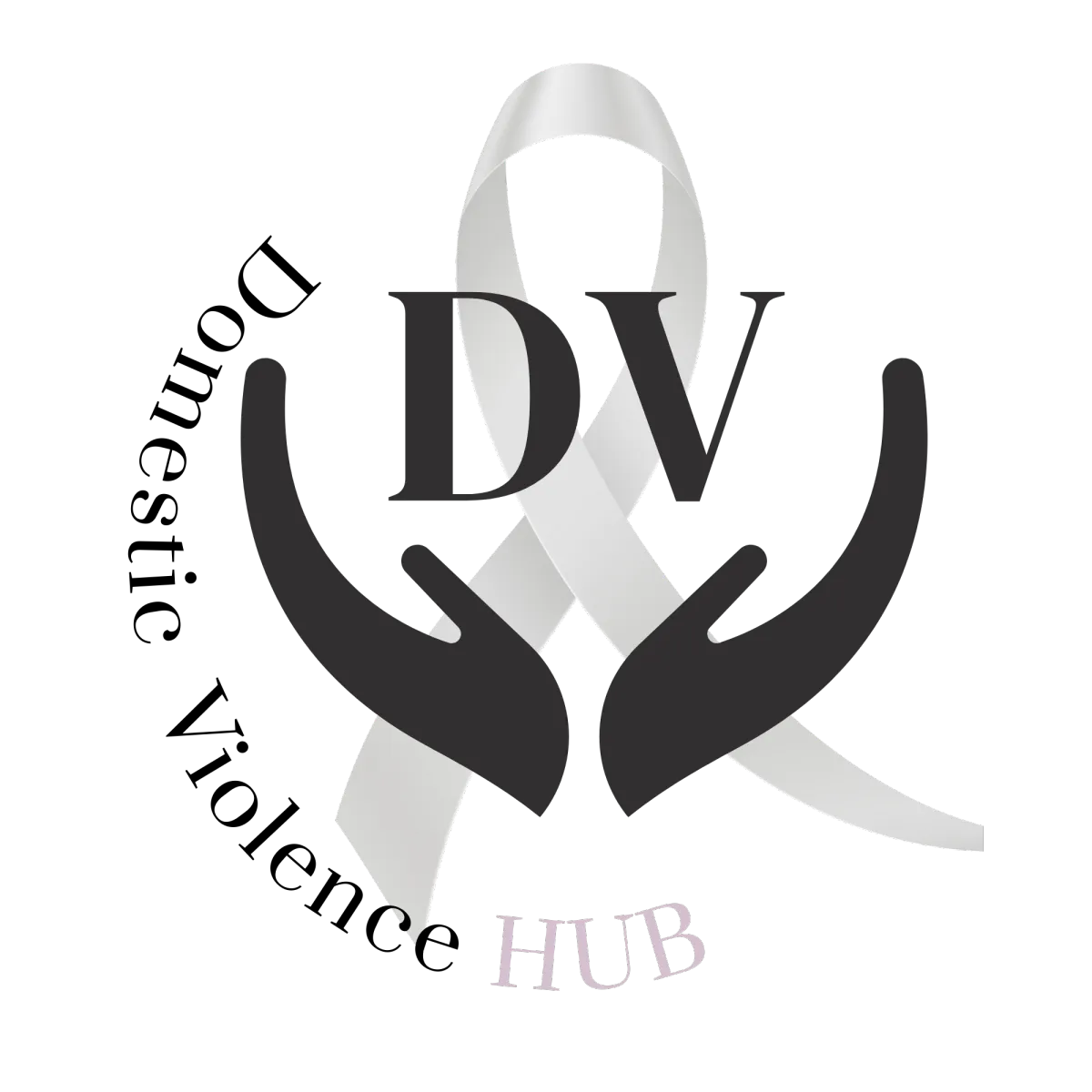DV & Workplace Support
The DV Support Hub, provides FREE consolidated information on Australian domestic and family violence matters.
It is just one of the many hubs provided for free through Family Counselling Support Network, to Australians. If you, or are family member, are facing family and domestic violence or supporting someone who is, this hub provides information, resources and a guide on how to find support, keep safe, access resources and move forward safely with independence and greater confidence.
We endeavour to keep this information as up to date as possible.
This site is dedicated to the memory of all those who have lost their lives and the resilience of survivors.
If you have arrived at this hub because you or your loved one or friend is in need of support, we are extremely proud of you.
If you have arrived at this hub because you are seeking support to help find solutions to deal with your emotions, great move, we are also here for you to get the support you need.
Please know there is love and support for you. You've Got This.
There is never an excuse for abuse.
PLEASE NOTE: THIS WEBSITE IS CURRENTLY UNDER CONSTRUCTION AND WILL NOT BE ABLE TO BE RELIED UPON FOR ACCURACY AT THIS STAGE. WE HOPE TO BE COMPLETED BY DECEMBER 2024
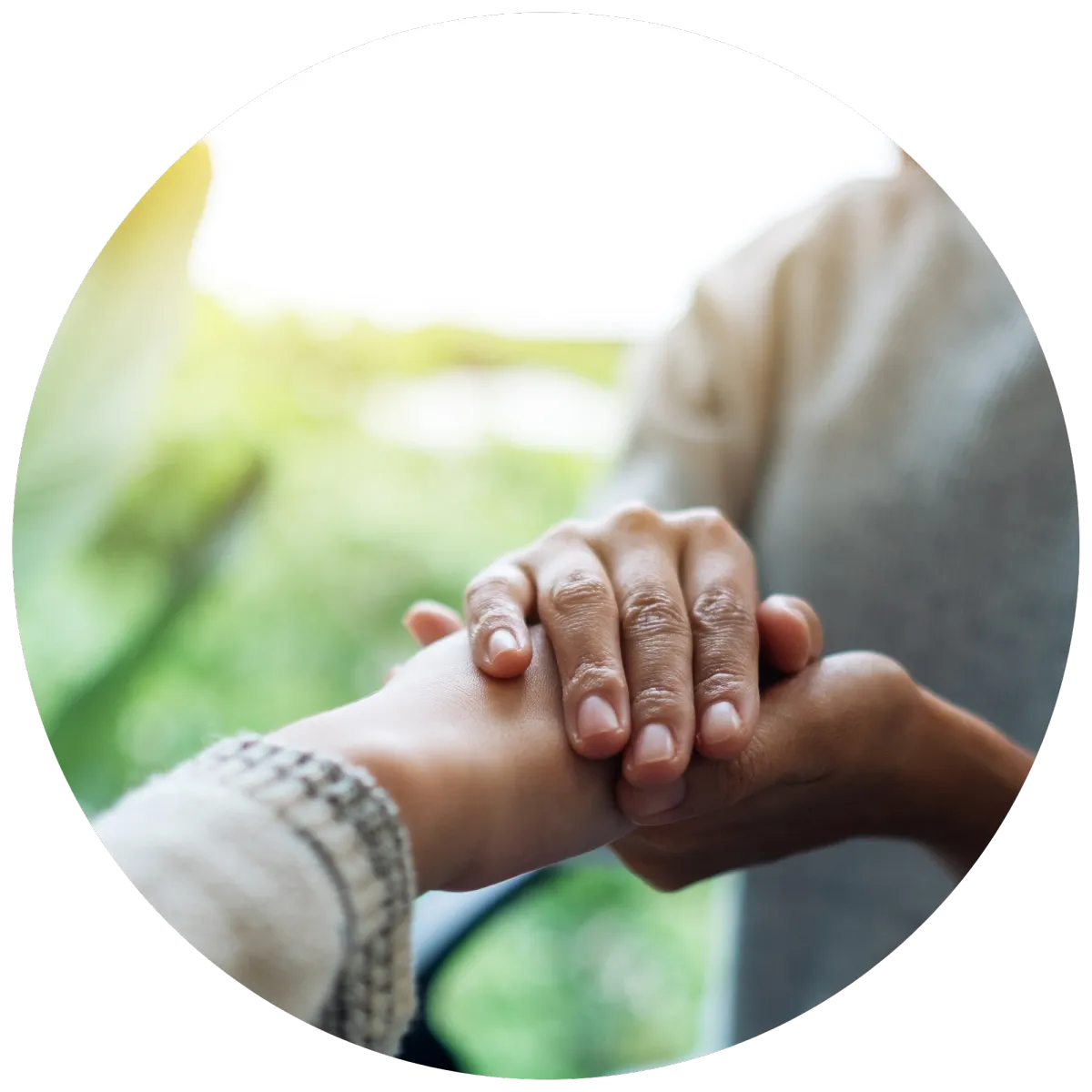
We understand it can be very difficult to report domestic and family violence matters to anyone, let alone to your workplace.
Workplace Culture and support
Privacy
Personal records
Making an application for leave
additional content goes here
Domestic & Family Violence Hub Directory
Blog Posts
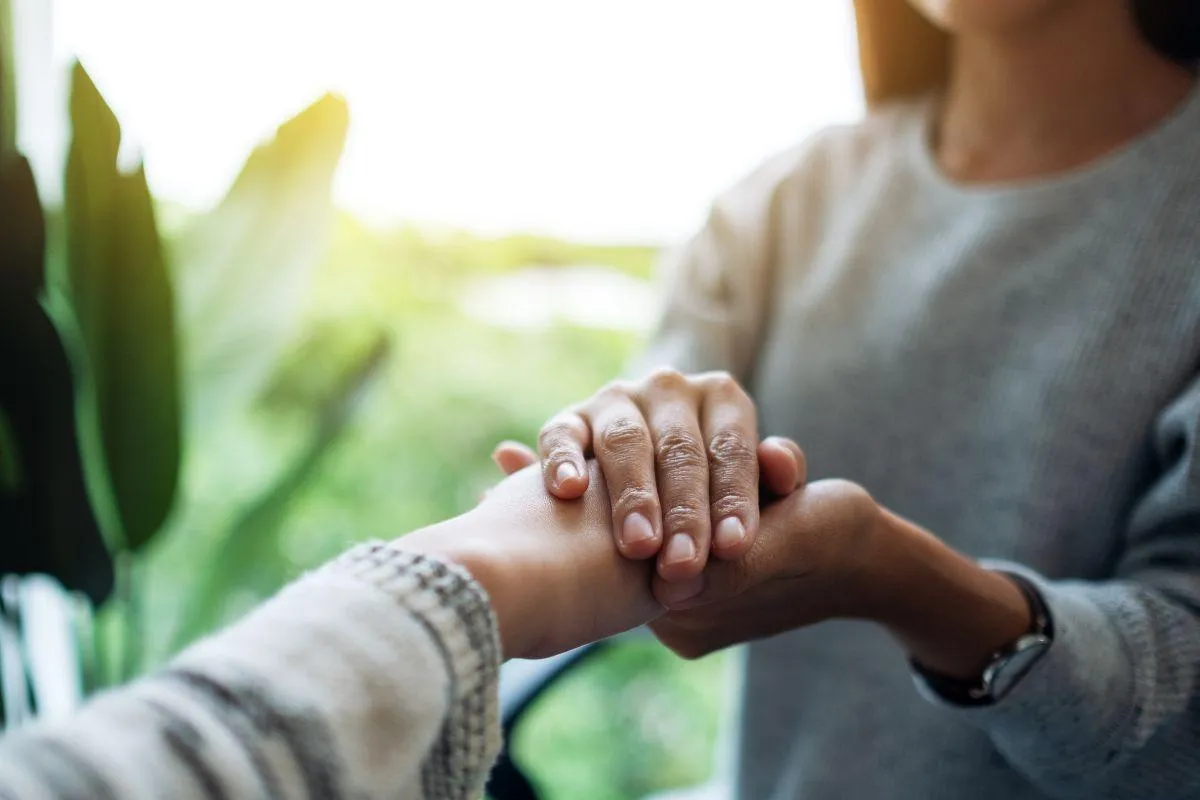
Tackling Stress Head On
Building Your Resilience to help you cope through the tough times
Everyone goes through tough times in life. There are some stressful situations we can avoid completely and others which are an inevitable part of life – work, children, relationships, money, health challenges. Without the right tools, stress can cause wear and tear on the body and brain and can increase the risk of many health conditions including heart disease, high blood pressure, depression, and anxiety.
How we deal with stress can be very personal, and not every coping strategy suits each person, but it is about learning some strategies that work for you, being self-aware that the stress levels are climbing, and then employing the strategies in a timely way (before too overwhelmed) to reduce the impact of that stress, that will help you avoid the serious impacts on wellness.
Resilience is defined as the extent to which we can bounce back from adverse events, cope with stress, or succeed in the face of adversity. It is not something you are born with. It is more a result of how family, community, and cultural practices—interact. It boosts wellness and protects you from risks to your well-being.
Resilience isn’t just about eliminating stress but more about really leaning in to your own strengths, and finding those protective measures in your life to help cope with the often inevitable stress and to support your own well-being.
Research has indicated that the essential tool box items to help deal with stress and build resilience are:
· Exercise – doesn’t matter how
· Get some sunshine and play upbeat music
· Feed your body with healthy options and reducing reliance on alcohol, smoking and/or drugs.
· Express your emotions rather than bottling them up.
· Change your mindset and try to look at a stressful situation as a growth opportunity instead of thinking of it as a threat.
· Say no more often and focus on you -Meeting your own self-care needs rather than aways be the empath and giver
· Try to find even one small thing every day to enjoy and take time out for YOU! DO NOT feel guilty about that – you are of no use to anyone else you care for if you have exhausted your own emotional energy! Adults who take time for themselves can better help nurture resilience in children.
· Find your people, community and resources - resilience doesn’t happen in a vacuum. Find your support network. At work, school, church, exercise class, in your cultural network? Who can help build your inner strengths and strategies to deal with life challenges?
Write down a few times you were highly stressed before and reflect on:
- what has previously helped you when you were stressed?
- how did you dealt with it?
- who could you count on?
”In 2011 my daughter was incredibly ill and we did not know if she would be brain damaged and/or able to walk again. I was in the middle of a large work project and renovations at the time and had two small children. I don’t recall every feeling as stressed. I had never done much long distance running before, but I got an awesome playlist together, bought some running shoes and started slowly jogging/shuffling my way around the suburb. The music, sun, greetings from neighbours and the exercise were my saviour that year. I still use these strategies today to get through my toughest times.” Susan
This site is brought to you by Family Counselling Support Network
Book in with one of our professionals today
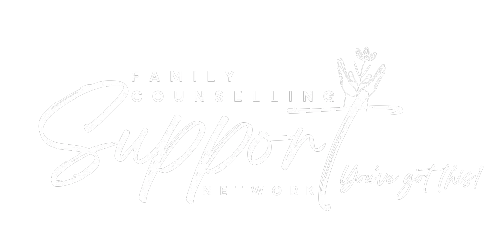


We are committed to protecting your personal information and respecting your privacy. This website uses cookies to analyze website traffic and optimise your website experience. By accepting our use of cookies, your data will be aggregated with all other user data.
DISCLAIMER: The material contained on this website is for general educational and information purposes only and is not a substitute for professional legal, financial, medical or psychological advice or care. While every care has been taken in the information provided, no legal responsibility or liability is accepted, warranted or implied by the authors or Family Counselling Support Network and any liability is hereby expressly disclaimed. For specific advice please contact us at [email protected]. All information contained on the website remains the intellectual property of Family Counselling Support Network and is for your personal educational use only. The information must not be reproduced or distributed without the express permission of Family Counselling Support Network.
Family Counselling Support Network acknowledges and respects the First Nations Custodians of the land where our offices stand, and where we work to help Australians. We pay respects to their Elders, past present and emerging, lore, customs and creation spirits. We recognise that these lands have always been places of ceremony, teaching, research and learning, and we acknowledge the important role Aboriginal and Torres Strait Islander peoples play in our community.
We are committed to providing an inclusive and accessible environment where people and communities of all identities and backgrounds are accepted, safe and celebrated.
Privacy Policy | Terms and Conditions
